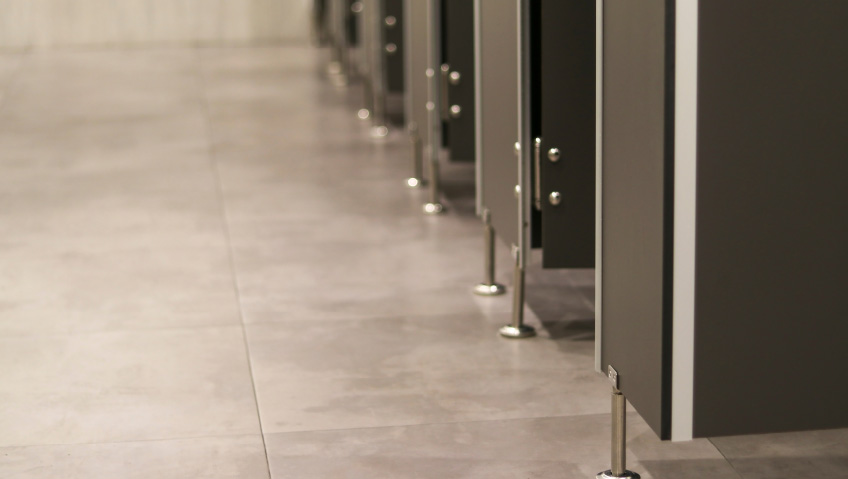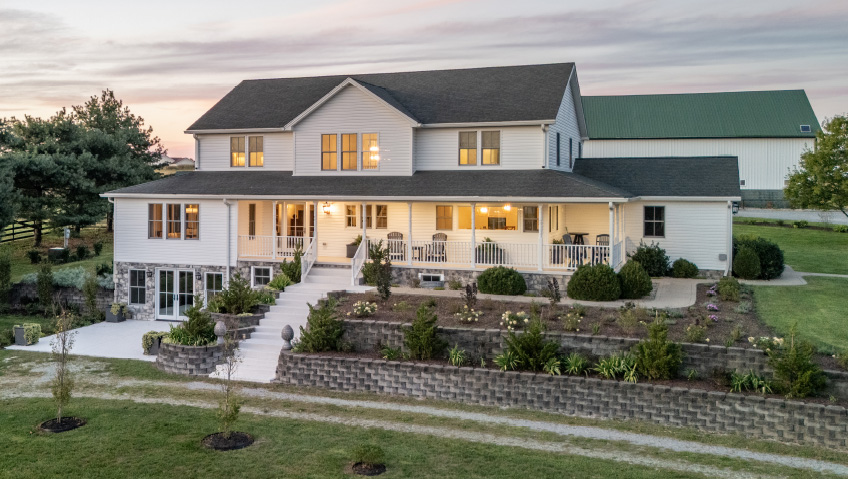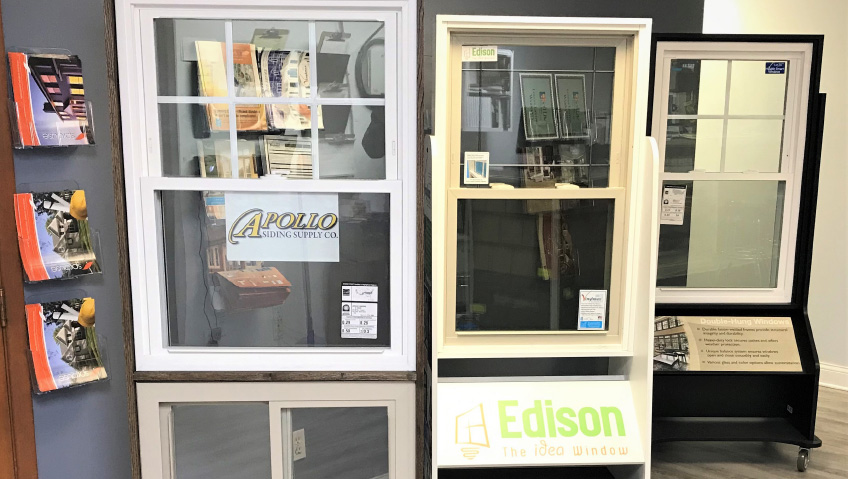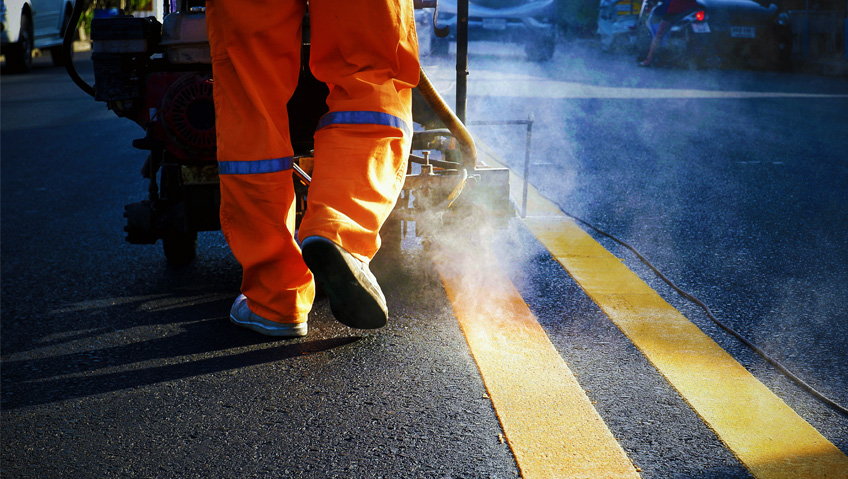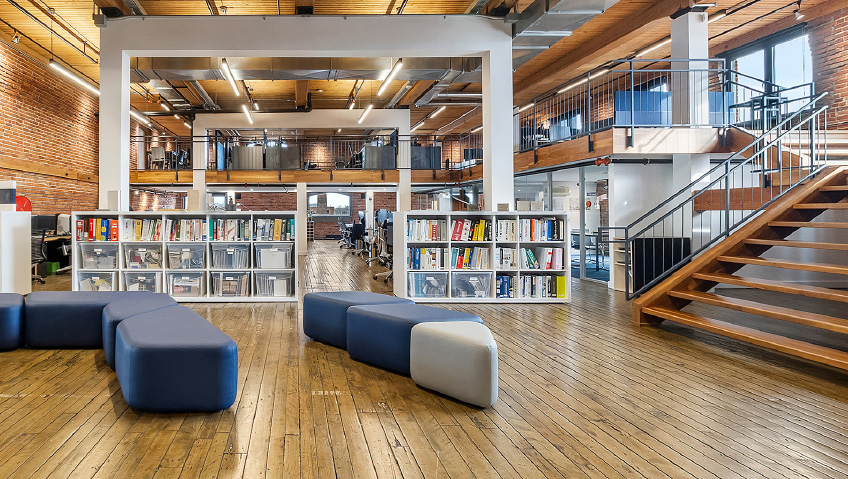Stumbaugh & Associates, Inc., of Burbank, California, has been on a growth streak over the past few years with big increases in revenue and personnel. The company has become the leading provider of restroom accessories and partitions in the state of California and is eager to continue growing. The achievements are even more impressive given its very humble origins nearly sixty years ago.
“We supply everything in the restroom that does not have water running through it. We don’t do the toilet; we don’t do the sink; we don’t we do the faucet, but we do everything else you need in a commercial restroom,” explains Tami Burgess, Vice President of Business Development.
The category of restroom partitions and accessories covers quite a wide gamut of products. Partitions can come in a variety of colors including almond, white, silver, platinum grey, and stainless steel. Accessories range from baby changing stations to grab bars, dispensers for paper towels, toilet tissue and soap, waste receptacles, and more.
The company offers these wares as a Division 10 specialties subcontractor. Commercial construction work is segmented into multiple divisions, with Division 10 covering specialty products which are generally pre-made and installed on the job site.
“We’re not a manufacturer. As a distributor, we purchase from the manufacturers, and we sell a package to the general contractor that includes the material and our installation services,” she states.
Installation work is entirely handled by a unionized workforce as Stumbaugh is associated with sheet metal and carpenter unions. The company is licensed to work in California at present, and given that state’s immense population, there is no shortage of projects. It has worked at sports stadiums, museums, schools, art galleries, and amusement parks—“anywhere a commercial restroom is needed,” as Burgess puts it.
The company also does some residential projects for assisted living facilities and apartment complexes. “We’re seeing a really big push on high-rise apartment condo living with retail space on the first floor. So, we do that sort of residential, but not individual homes. We’re seeing a lot of [apartment condo development] in San Francisco and in the Greater Los Angeles area. More metropolitan, rather than suburban,” she says.
The firm was founded in 1965 by Richard Stumbaugh in Alhambra, California. At first, it worked from what Burgess calls “a little 3,000-square-foot office.”
It grew, and eventually moved its headquarters to Burbank. From there, Stumbaugh & Associates opened offices in San Diego in 2011, Fremont in 2016, and Sacramento in 2019.
At present, it has a 17,000-square-foot warehouse in Burbank and 10,000 square feet of office space, with plans to expand the latter soon. Richard Stumbaugh is now the chairman of the board, and company ownership has passed to his son Jeff Stumbaugh and son-in-law Mark Herzer. The intent is to keep this a family business.
The company is conducting market research in the Fresno area, and if all goes to plan, it might open a satellite office in that city within a year and a half. A more long-range plan could see Stumbaugh expand outside of California into other Western states.
Impressive sales growth is driving this expansion. “In 2012, we were a $15 million company with forty-six employees. In 2022, ten years later, we were a $34 million company, with just over one hundred employees,” Burgess notes.
Interestingly, the firm does minimal promotion. “Our reputation precedes us. Having been the biggest player for as many years as we have, everybody knows us. The contractors come to us for bids. We don’t have to seek out jobs,” she states.
The company does maintain certain prerequisites for new hires. “We’re always hopeful for someone who has some experience in the construction industry… but aside from that, it’s important to have people who are team players. We all work closely together. We have project managers who have their team of assistants. We have accounting departments. We all definitely meld,” Burgess says.
One key factor that has led to the company’s longevity would be customer-service. The company takes a hands-on approach, from reviewing plans to bidding, acquiring partitions and accessories, and installing them. Typically, it works with general contractors on projects and operates in an extremely important—but often overlooked—niche.
“Every building needs a restroom to open, but the restrooms are a small part of the project. A lot of the time, architects forget about us. They don’t always specify all the materials required,” she points out.
Stumbaugh tries to ensure that specifications are complete and meet code. Clients “know they’re getting a complete package that’s going to meet all ADA [Americans with Disabilities Act] codes and is going to look good and function well. Our knowledge and history really give us the ability to deliver, no matter what we’ve had to start with,” says Burgess.
Workplace loyalty has also been central to the firm’s longevity. “We have been successful at keeping a family-owned business mentality. We’ve grown into a very large company … but the employees are very important to us. We take care of employees.”
The company strongly supports the concept of maintaining a healthy work/life balance. It can be flexible with work hours, for example, allowing employees to watch their kids play soccer in the afternoon or take in another family activity. Employees clearly appreciate this approach, and the company boasts several workers who have been here for years.
This progressive spirit extends to Stumbaugh’s history of charitable giving. The firm often participates in or donates money to events organized by its major contractors. One such contractor, for example, hosts a golf tournament each year to raise funds for charity. It also recently completed a project for a YMCA that included a donation to the organization.
For all the company’s forward momentum, the COVID pandemic proved to be hugely disruptive. “We went down a couple of million dollars in sales in the year 2020,” says Burgess.
It quickly pivoted, however, sending its office accounting team home to work remotely, while streamlining administrative paperwork and processes. Face-to-face communication was often replaced by email, texts, and phone calls. Some projects were put on hold, but overall Stumbaugh got through the worst of the pandemic in decent shape.
In fact, “we found we were able to improve a lot of our processes—be more efficient, have a little less paperwork. We were doing more things electronically,” Burgess recalls.
This attitude fits with the company’s reputation for high standards and quality. Products it orders must pass stringent quality control inspections at the factory of origin before being shipped. Once partitions and accessories are unloaded and unboxed at Stumbaugh facilities, they are checked again for dents, scratches, and other damage. Only then are partitions and accessories installed.
“Ultimately, it falls on the installers to make sure they are leaving the job with nice, clean, new, undamaged material installed per handicap codes, per specifications, per plans,” she says.
The washroom accessory and partition manufacturing sector is relatively small, so Stumbaugh works with a handful of regular suppliers. It helps that Bobrick, one of the oldest and largest washroom equipment manufacturers in America, happens to be located “two miles from our office,” says Burgess.
“We stock a lot of [Bobrick] accessories in our warehouse. When we have people come in and need something quick, we typically have it in our warehouse. If not, we can get it in a day or two,” she continues.
Given how long the firm has been in business, its list of completed projects contains a great deal of impressive, high-profile work. Among other contracts, Stumbaugh has provided restroom partitions and accessories for medical provider Kaiser, UPS, the Getty Museum, Los Angeles International Airport (LAX), Dodger Stadium, Disneyland, casinos, art galleries, and academic buildings.
Heading into the future, the company is thinking of “expanding into more of the Division 10 products on a regular basis. Typically, we will add some of these extra items if the contractor asks us to,” says Burgess. These might include signage, fire equipment, projection screens, or shelving. The company may also launch a manufacturing division to produce restroom countertops.
Of course, challenges remain ahead. In addition to the lingering impact of COVID, there is a great deal of economic uncertainty across North America. “Are we going to be going into a little bit of a recession? Are we going into a big recession?” she asks. For all that, Burgess is very optimistic about the future of the company. “Five years down the road, I would [see us] supplying a complete Division 10 big package. We have definitely opened up a Fresno office, and we hopefully have an office in Arizona and/or Oregon.”

